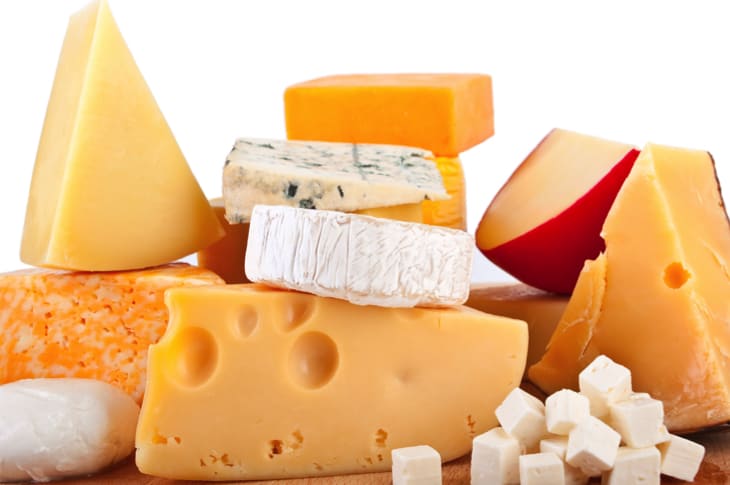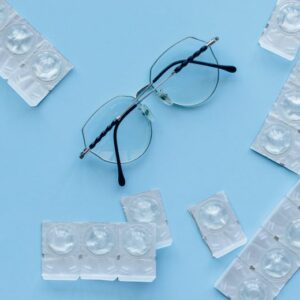
The debate over phthalates continues and parents concerned over the chemicals in baby products will be even more horrified to learn that the majority of cheese products tested by a group of scientists was found to contain phthalates. The chemicals are typically used as a plasticizer for a range of products, including vinyl flooring, building materials, children’s backpacks and lunch boxes, and personal care products with fragrances.
Phthalates were banned 10 years ago from rubber ducks and teething rings because of the risks it posed to young boys; some studies found that the chemicals were linked to genital birth defects in boys that resulted in their testes not dropping. The chemicals have also been linked to behavioral problems in older children. These findings have led pregnant women and children being advised to avoid exposure to the chemicals.
Unfortunately, phthalates are also used in food equipment and packaging, which means that the risk of processed food being contaminated by the chemicals is fairly high. That’s why the study decided to look at a particular set of food products to determine the potential impact of using phthalates to package food items. Going off of a scientific review that found that that “dairy products were the greatest source of dietary exposure to the phthalate DEHP for infants and women of reproductive age,” the researchers decided to first look at cheese products and see if they tested positive for contamination.
The results were harrowing. Of the 30 cheese products tested, which included macaroni and cheese mixes, natural cheeses, and processed cheese, 29 of them had alarming amounts of phthalates in them. The macaroni and cheese powder mixes were by far the worst with the concentration of phthalates in those products being up to four times higher than in other cheese products.
“Our belief is that it’s in every mac ‘n’ cheese product — you can’t shop your way out of the problem,” said Mike Belliveau, one of the researchers and the executive director of the Environmental Health Strategy Center.

The group tested 10 different types of boxed macaroni and cheese and found high levels of phthalates in all of them. This is especially concerning because as many as two million boxes of mac and cheese are purchased in the U.S. alone every single day. The biggest mac and cheese brand, Kraft, had nine cheese products tested, but the group didn’t disclose which items they were.
Phthalates are not formally banned from food products despite strong petitioning aimed at the Food and Drug Administration to take decisive action against the chemicals. Tom Neltner, chemicals policy director for the Environmental Defense Fund, has said that their organization and many other environmental groups have pushed a petition forward as recently as last year, but that it’s been delayed for technical reasons.
“A chemical is not allowed in food unless there is a reasonable certainty it will cause no harm,” Neltner said. Since there is evidence of the potential harms phthalates are responsible for, “We don’t think the FDA can say there is a reasonable certainty of no harm.”
The foods that are most at risk of containing phthalates are highly-processed and fatty foods, since the chemicals easily bind with fats. Some are skeptical of the potential harms or of how much ends up in food products and have pointed to those who funded the study. Though an independent lab conducted the study, environmental advocacy groups paid for it and the report has not been published in a peer-reviewed journal.
Nevertheless, any exposure to phthalates for children is concerning when it was already banned from inconsequential toys over a decade ago. Many question why the chemicals wouldn’t be allowed in toys that children momentarily put in their mouth, but are allowed in food that children ingest regularly. Whether the amounts are of enough concern to the FDA, perhaps this study will be the catalyst for parents who want food companies to be more accountable when it comes to packaging food.


